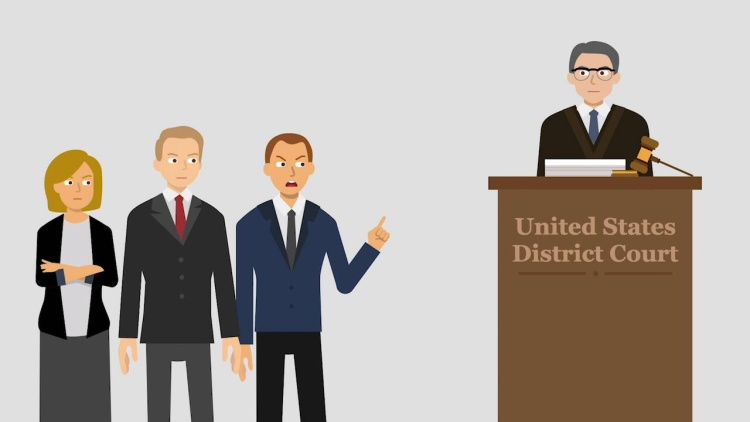General Dynamics Land Systems, Inc. v. Cline
United States Supreme Court
540 U.S. 581 (2004)
- Written by Jamie Milne, JD
Facts
General Dynamics Land Systems, Inc. (General Dynamics) (defendant) entered into a collective-bargaining agreement with its employees’ union, eliminating healthcare benefits for General Dynamics workers who retired after the agreement, except for those employees who were already at least 50 years old. A number of General Dynamics employees (collectively, the employees) (plaintiffs) who were at least 40 years old but under 50 filed a complaint with the Equal Employment Opportunity Commission (EEOC), arguing that the agreement violated the Age Discrimination in Employment Act (ADEA). The EEOC agreed and ordered General Dynamics and the union to settle with the employees. When no settlement occurred, the employees sued General Dynamics in federal court. General Dynamics argued that the ADEA prohibited only discrimination against older workers in favor of younger workers and therefore did not apply here. The employees argued that the ADEA prohibited all age-based discrimination, including discrimination against younger workers in favor of older workers, known as reverse age discrimination. The district court held that the ADEA did not protect against reverse age discrimination and dismissed the employees’ claim. The court of appeals reversed, holding that the ADEA prohibited all age-based discrimination. The United States Supreme Court granted certiorari.
Rule of Law
Issue
Holding and Reasoning (Souter, J.)
Dissent (Thomas, J.)
What to do next…
Here's why 906,000 law students have relied on our case briefs:
- Written by law professors and practitioners, not other law students. 47,100 briefs, keyed to 995 casebooks. Top-notch customer support.
- The right amount of information, includes the facts, issues, rule of law, holding and reasoning, and any concurrences and dissents.
- Access in your classes, works on your mobile and tablet. Massive library of related video lessons and high quality multiple-choice questions.
- Easy to use, uniform format for every case brief. Written in plain English, not in legalese. Our briefs summarize and simplify; they don’t just repeat the court’s language.





